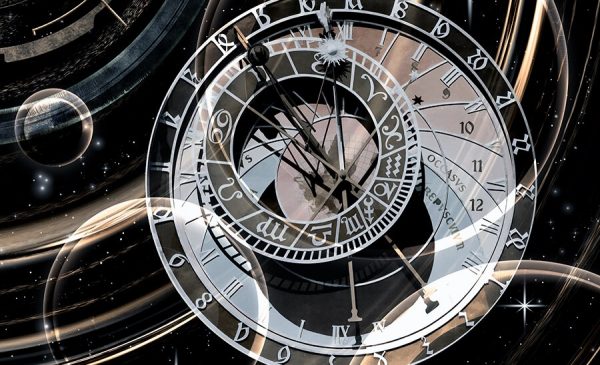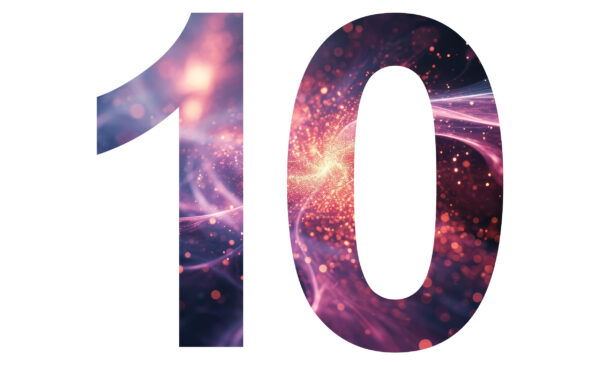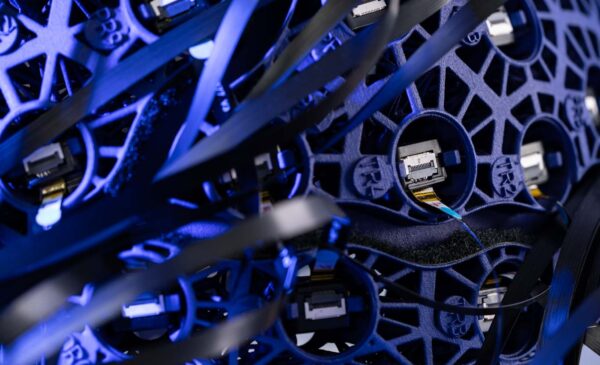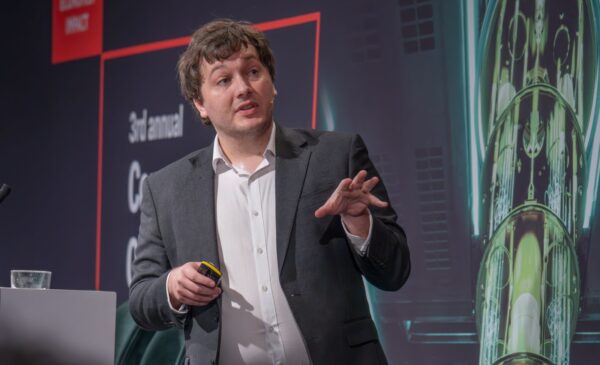Clocks are important tools, not only in our everyday life, but also for technological applications and systems, making it is even more important to ensure time is measured very accurately. Building highly accurate clocks, which are small enough to be easily transportable, would open up myriads of new technological and scientific opportunities.
Optical clocks exist in only in a handful of laboratories, and they require huge rooms and kilowatts of power. These clocks are the most precise scientific instruments created by humanity to date: if they ran for the entire age of the universe – fourteen billion years – they would be considered incorrect by only less than a second.
The Quantum Technology Hub for Sensors and Metrology, led by the University of Birmingham, is part of a new European consortium of universities and businesses, aiming to build ultra-precise clocks. The new European consortium, named iqClock, aims to use new developments in quantum mechanics and unite these with the knowledge from science and industry.
A consortium of European universities and businesses aims to make ultra-precise, compact optical atomic clocks available to society.
This project, which is the first project of a ten-year Flagship Initiative for quantum technologies funded by the EU and launched on Monday 29th October, involves a close collaboration between science and industry. Professor Florian Schreck (University of Amsterdam), Dr Yeshpal Singh (precision time lead at the Quantum Technology Hub) and Professor Kai Bongs (Director of the Quantum Technology Hub) joined hands with scientists, metrologists and industry partners (including Teledyne e2v, Choros and BT) to build second generation optical atomic clocks based on new Superradiant concepts.
The overall project’s aim is to make the optical clock technology fully transportable, so that by the end of the ten-year program the clocks can be used in many different applications, such as satellites. The benefits will be enormous. Once the new clocks have become commonplace, they can be used to increase navigation system precision to the scale of centimeters, which would revolutionize the way in which we measure the Earth.
“Ten years from now, we will probably still be late for appointments with clients, but super-precise clocks may very well have penetrated society and changed the way we look at our planet and the universe” stated Professor Schreck
To read more about this project, please visit this website.
This project has received funding from the European Union’s Horizon 2020 research and innovation programme under grant agreement No 820404.




